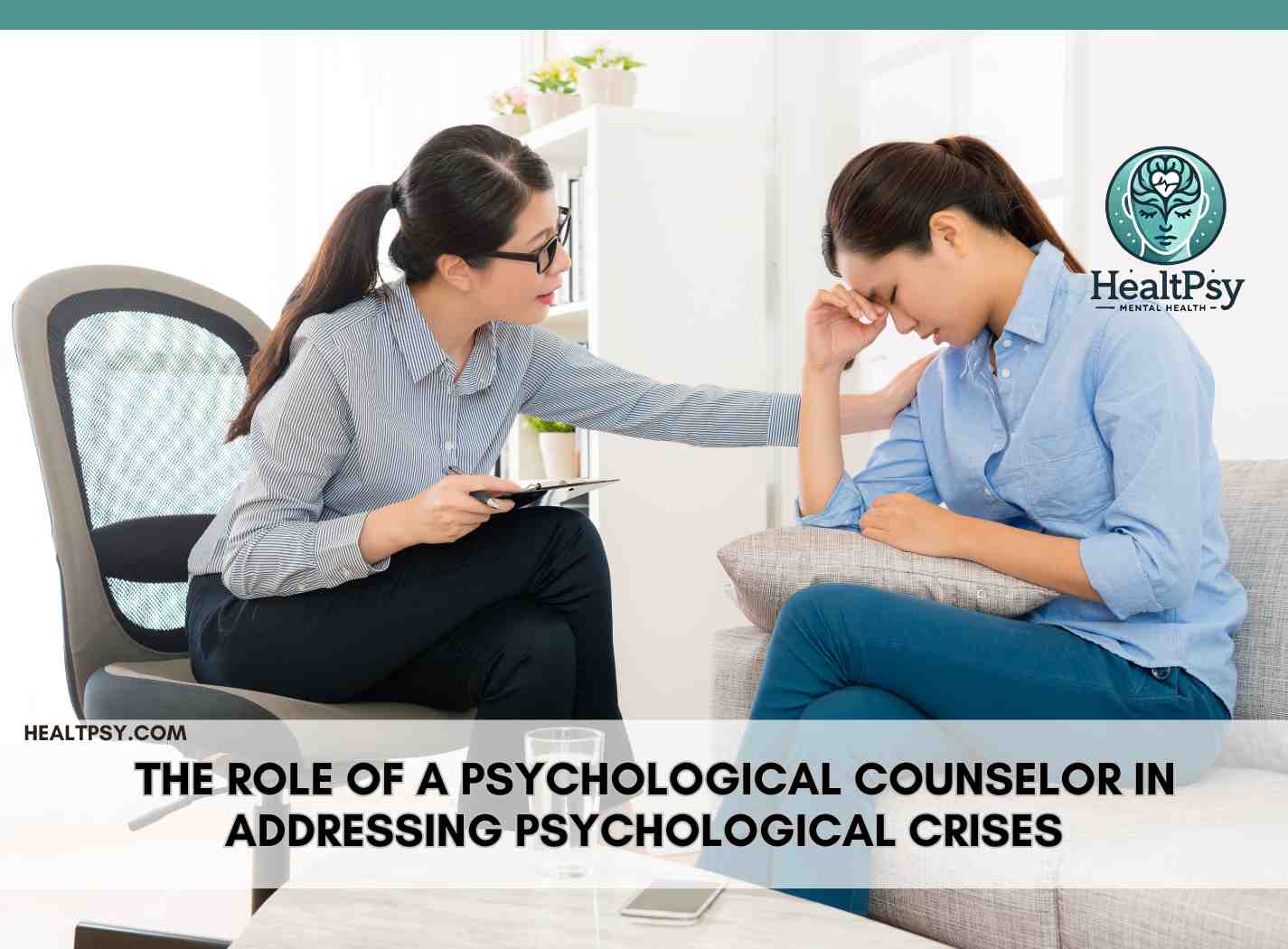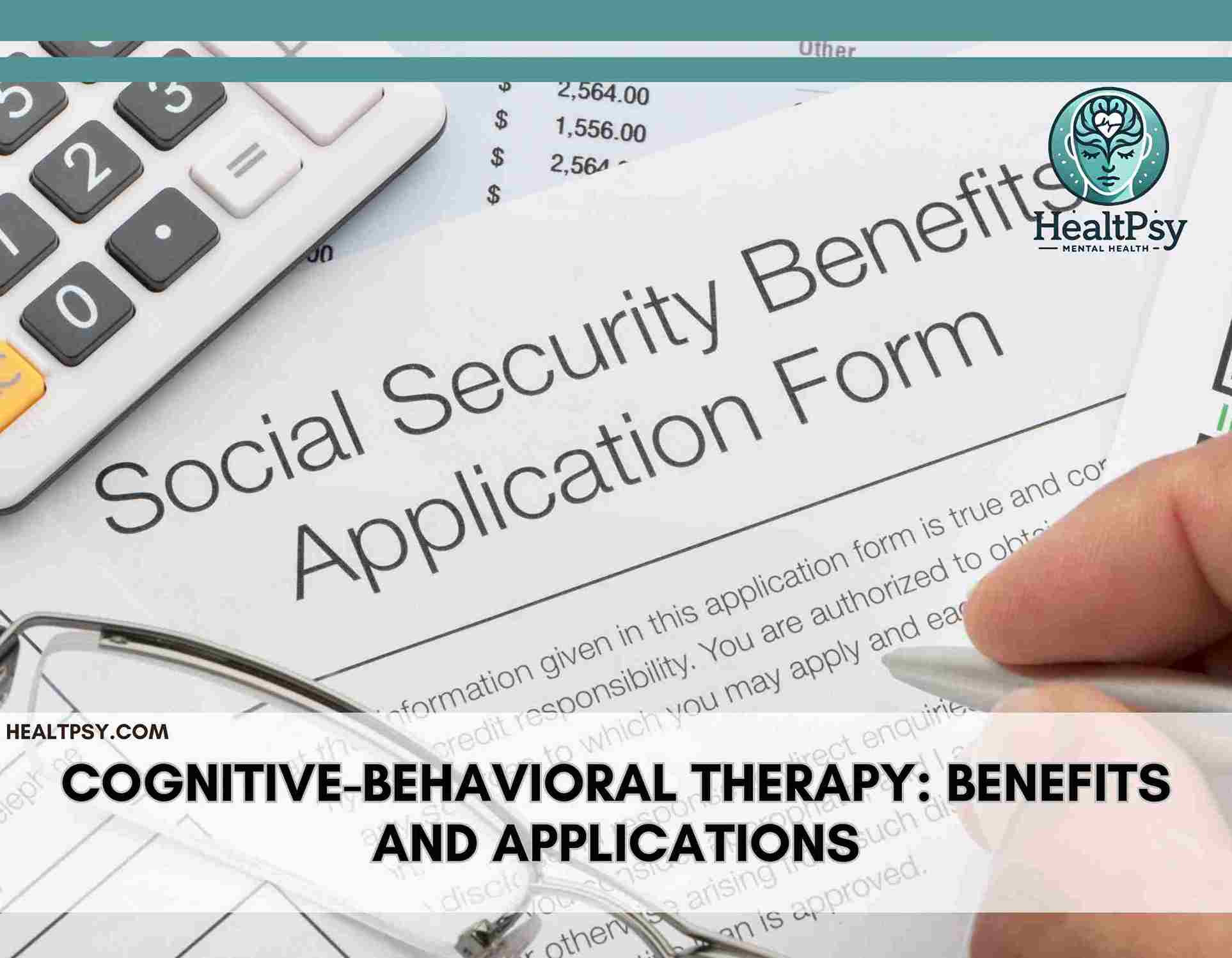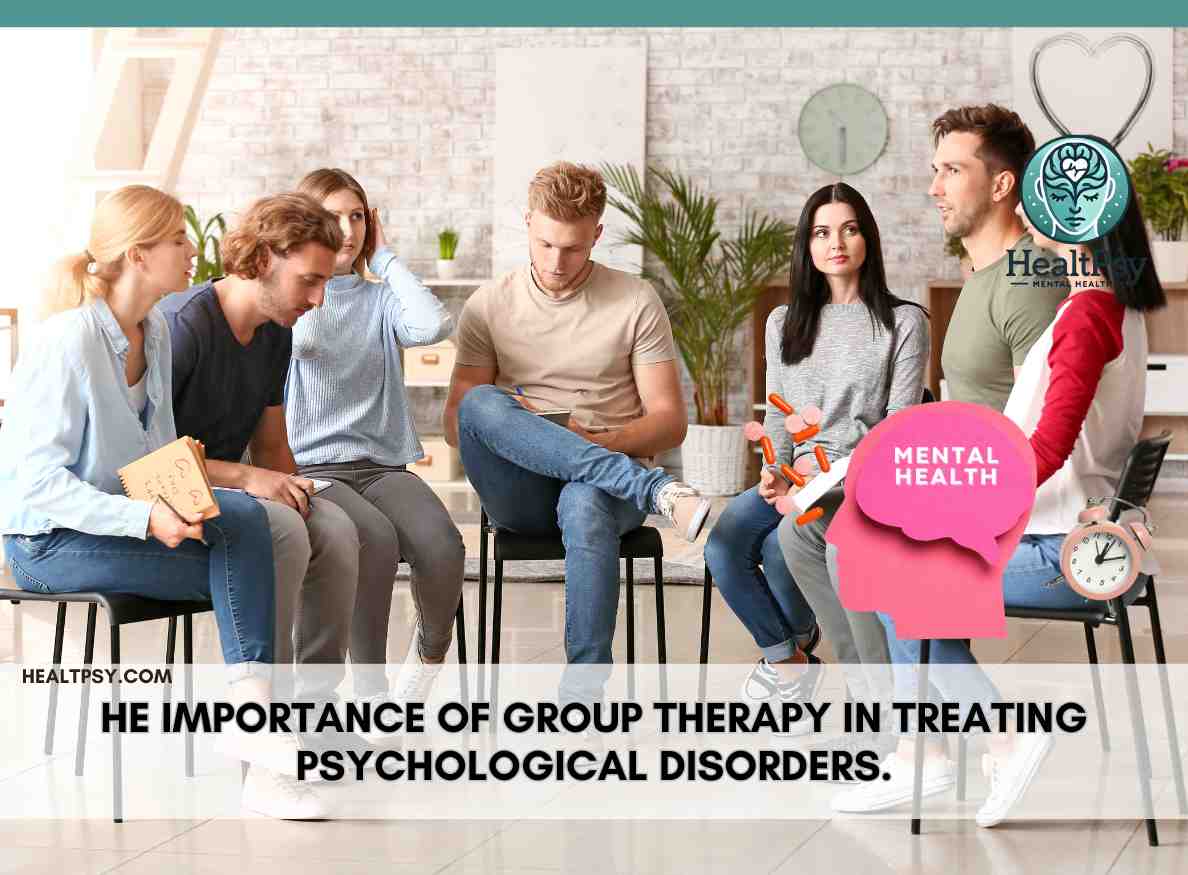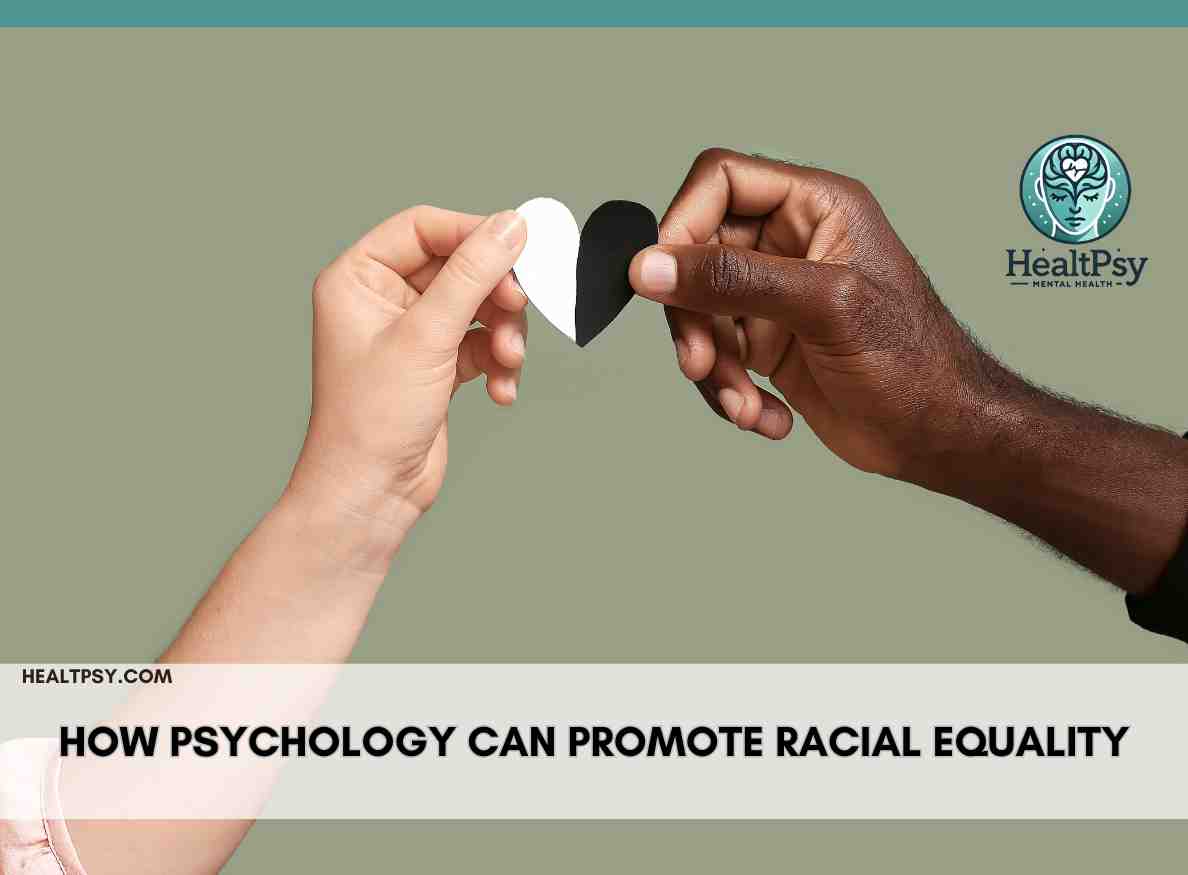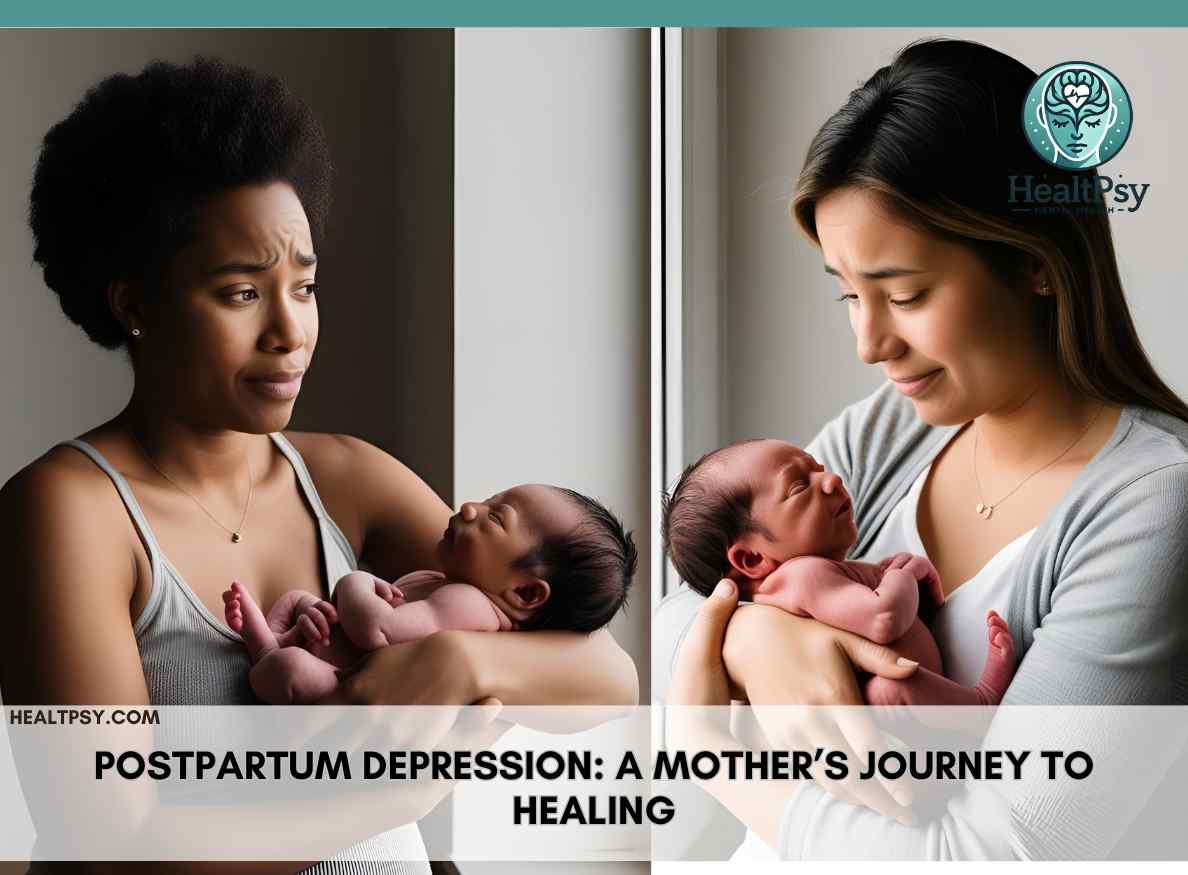5 Key Roles of a Psychological Counselor in Crisis Management
Introduction
Understanding Psychological Crises
A psychological crisis is a period of intense emotional distress where an individual struggles to manage overwhelming stressors. Common triggers include:
- Loss of a loved one
- Severe work or academic pressure
- Financial hardships
- Traumatic events such as accidents or violence
- Sudden serious health diagnoses
Without timely intervention, these crises can escalate into anxiety disorders, depression, or self-destructive behaviors. Learn more from the American Psychological Association (APA).
The Role of a Psychological Counselor
1. Providing Emotional Support
Counselors create a safe, confidential space where individuals can express their emotions freely. Using active listening and empathetic techniques, they help clients process grief, trauma, and distress.
2. Assessing the Crisis Severity
Through psychological evaluations, counselors assess emotional and cognitive distress, identifying underlying conditions such as depression or PTSD. Based on the assessment, they recommend suitable interventions.
3. Teaching Coping Strategies
Psychological counselors equip clients with practical stress-management techniques, including:
- Deep breathing exercises
- Mindfulness meditation
- Cognitive restructuring for positive thinking
Therapeutic Approaches Used
Various therapy techniques help individuals cope with crises more effectively:
- Cognitive-Behavioral Therapy (CBT): Restructures negative thought patterns.
- Trauma-Focused Therapy: Helps individuals recover from PTSD.
- Solution-Focused Therapy: Encourages goal-oriented problem-solving.
To learn more about consulting a psychologist, visit this guide.
When Should You Seek Help?
It is recommended to consult a counselor if you experience:
- Persistent feelings of sadness, hopelessness, or emotional numbness
- Intrusive thoughts, flashbacks, or nightmares
- Significant changes in sleep patterns, appetite, or energy levels
- Self-harming thoughts or suicidal ideation
Scientific Insights on Crisis Counseling
Scientific studies confirm the effectiveness of psychological counseling in crisis management:
- A study published in the Journal of Clinical Psychology found that CBT reduces anxiety symptoms in crisis situations by 60%.
- The World Health Organization (WHO) highlights that early mental health intervention significantly improves long-term well-being.
Conclusion
The role of a psychological counselor is crucial in helping individuals navigate crises, develop coping mechanisms, and build emotional resilience. By seeking professional support, individuals can regain control over their mental health and achieve long-term stability.
Remember, seeking help is a sign of strength. If you or someone you know is struggling, consider reaching out to a mental health professional.
psychological counselor, psychological counselor, psychological counselor,
you might also like

